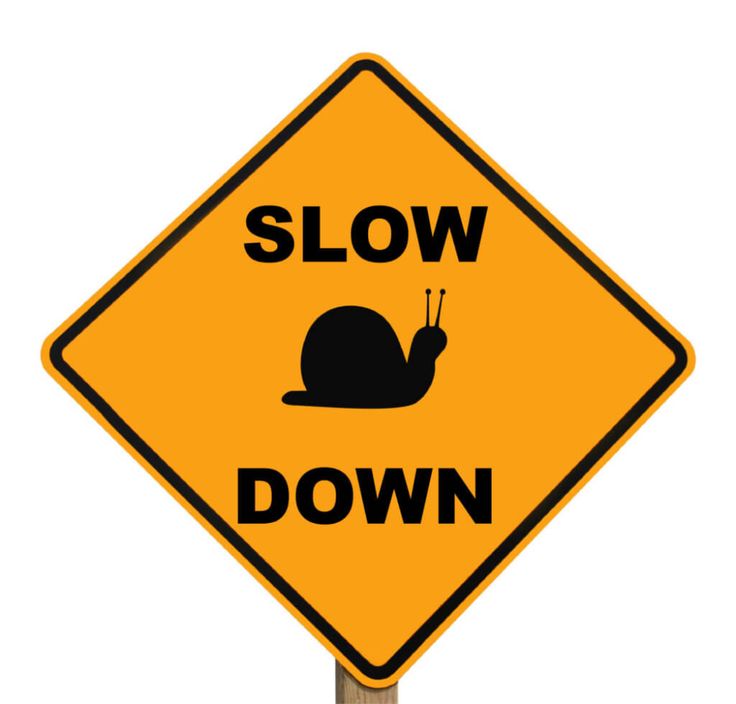
In today’s hyper-connected, fast-paced world, being busy is often seen as a badge of honor. We rush from one task to another, multitask relentlessly, and feel guilty if we aren’t constantly productive. But what if the key to better health and happiness isn’t in doing more, but in doing less—more mindfully?
Slowing down isn’t about laziness or inefficiency. It’s about being present, reducing stress, and aligning with the natural rhythm of life. This approach, rooted in mindfulness, has proven benefits for both mental and physical health. Let’s explore the science behind slowing down and how mindful living can help you feel more grounded, healthier, and fulfilled.
What Is Mindful Living?
Mindful living means bringing your full attention to the present moment—without judgment. It involves noticing your thoughts, emotions, and physical sensations as they arise, and responding to life with awareness rather than autopilot reactivity.
It’s not limited to meditation. Mindful living can be practiced while eating, walking, working, or having a conversation. It’s about making space to truly experience life as it unfolds.
The Mental Health Benefits of Slowing Down
1. Reduced Stress and Anxiety
Chronic stress can lead to a host of mental and physical problems, including depression, insomnia, heart disease, and a weakened immune system. When we slow down and become more mindful, our stress response decreases.
Scientific studies, including research from Harvard and UCLA, show that mindfulness practices reduce cortisol—the body’s main stress hormone. Regular mindfulness can lower anxiety levels, reduce rumination, and even improve your brain’s ability to regulate emotions.
2. Improved Focus and Clarity
Slowing down helps you single-task, which is far more efficient and satisfying than multitasking. According to a Stanford study, multitasking reduces efficiency and performance because our brains are not wired to handle multiple tasks simultaneously.
When you slow down, your brain gets a chance to fully process one task at a time. This leads to greater clarity, deeper insights, and better decision-making.
3. Enhanced Emotional Intelligence
Mindful living increases your awareness of thoughts and emotions. This helps you pause before reacting, allowing you to respond more thoughtfully. Over time, this emotional regulation improves relationships, reduces conflict, and builds empathy.
The Physical Health Benefits of Slowing Down
1. Lower Blood Pressure and Heart Rate
Slowing down activates the parasympathetic nervous system—our “rest and digest” mode. This reduces heart rate and blood pressure, which helps the cardiovascular system function more efficiently.
A 2015 study published in Psychosomatic Medicine showed that mindfulness-based interventions helped participants significantly reduce their blood pressure over time.
2. Better Sleep Quality
When your mind is constantly racing, restful sleep becomes difficult. Mindful practices like deep breathing and meditation calm the nervous system and prepare the body for sleep. A meta-analysis from JAMA Internal Medicine found that mindfulness meditation improves sleep quality, especially for those with insomnia or sleep disturbances.
3. Improved Digestion
Eating quickly or under stress can hinder digestion. When we slow down and eat mindfully—chewing thoroughly and paying attention to our body’s hunger and fullness cues—our digestive system functions better. This can help reduce bloating, acid reflux, and even promote weight loss.
The Science Behind Slowing Down
Our brains and bodies are not designed to operate at high speed indefinitely. The prefrontal cortex—the part of the brain responsible for decision-making, attention, and self-control—functions best when we’re calm and focused. When we’re constantly in a state of stress or distraction, this area becomes overworked and less effective.
Slowing down improves neuroplasticity—the brain’s ability to form new connections—enhancing learning and memory. It also reduces the production of inflammatory chemicals linked to disease and accelerates cellular repair mechanisms.
In short, a slower, more mindful pace supports your body’s natural healing processes and allows your mind to function optimally.
How to Embrace Mindful Living in Everyday Life
Slowing down doesn’t mean dropping out of life or giving up on your goals. It means living with intention and presence. Here are a few simple ways to start:
1. Start Your Day with Intention
Instead of checking your phone first thing in the morning, take a few minutes to breathe deeply, stretch, or journal. Set an intention for how you want to feel and approach your day.
2. Practice Mindful Breathing
Even just 2–3 minutes of deep, conscious breathing can reset your nervous system. Try inhaling for a count of four, holding for four, and exhaling for six.
3. Take Screen Breaks
Technology keeps us in a constant state of stimulation. Schedule regular breaks to step away from screens, stretch, or go outside.
4. Eat Without Distractions
Avoid eating in front of the TV or while scrolling your phone. Focus on your food—its texture, flavor, and aroma. This simple act can transform your relationship with eating.
5. Schedule White Space
Don’t pack every minute of your day. Leave space between tasks to breathe, reflect, or simply do nothing. Creativity and insight often arise in moments of stillness.
Mindful Living Is a Lifelong Practice
There’s no finish line for slowing down or becoming more mindful. It’s a continuous journey that evolves with your life. Some days will feel easier than others—and that’s okay.
The beauty of mindful living is that it doesn’t require special tools or a big time commitment. It simply requires presence, awareness, and a willingness to let go of the rush.
Final Thoughts
Slowing down isn’t a luxury—it’s a necessity. In a world that glorifies speed, choosing to live mindfully is a radical act of self-care. The science is clear: when you slow down, your mind calms, your body heals, and your life gains greater meaning.
Start small. Breathe deeply. Savor the moment. Because sometimes, the most powerful thing you can do for your health is to simply pause.